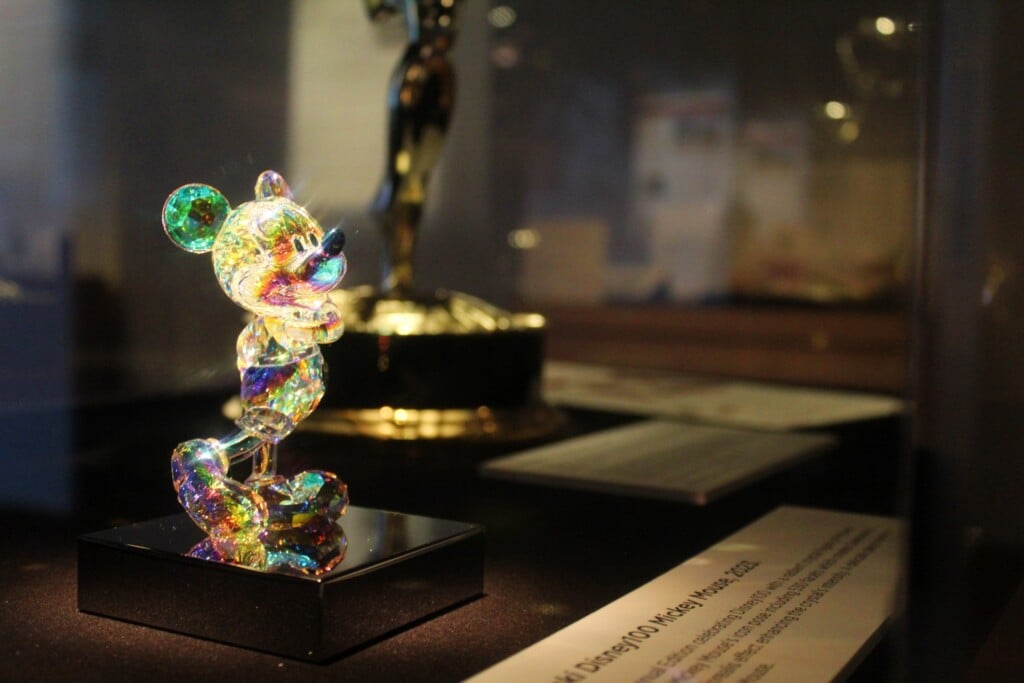Living Dangerously
The Missouri Repertory Theatre’s production of Living Out is touted in its press kit as the theater’s “first-ever production conveying the Latino experience in the U.S.” Great — in this increasingly Latino Midwestern city, we finally get a play about our newest segment of the population, and it’s gotta be about maids.
But that slight transgression is far less serious than this play’s real problem: It just isn’t very interesting. Like playwright Lisa Loomer’s previous effort, The Waiting Room, about a group of disparate women who come together across historical impossibilities to discuss their plight, Living Out starts from a good idea — what it might be like to care for other people’s children when your own are at home or back in El Salvador. But Living Out never gathers any steam. It’s rather shapeless and sitcom-y and, in some ways, poorly directed by Sharon Ott.
In the first three scenes, Ana Hernandez (Stephanie Diaz) is interviewing for a nanny position with three different mothers. Wallace (Cheryl Weaver), the first prospective employer, is a royal bitch. She’s so detached from common courtesy that she leaves Ana’s hand uncomfortably lingering in midair, waiting for the reciprocal shake that never comes. And she’s clueless about how to self-edit; when Ana tells her where she’s from, Wallace replies, “Everyone’s from El Salvador these days! What happened to all the Mexicans?”
Second mother Linda (a grating Leslie Law) has three kids and an annoying titter. She’s a cipher, though, and soon she has her stage time usurped by Robin (Cheryl Graeff), a lawyer with a 12-week-old and a public-defender husband, Richard (Paul Morgan Stetler). Nancy and Richard hire Ana, who has lied to them about her own kids. Though one is in Los Angeles with her and her husband, Bobby (Ricardo Antonio Chavira), and one is south of the border with his grandmother, she tells the couple that both kids are in El Salvador. As her agency reminds her, the lie makes her more employable.
From this setup, Loomer seems unsure of where to go with the play. There are scenes of the three Anglo mothers in the park with their high-tech strollers and chic diaper bags, but they have nothing of interest to say or do. Slightly more rich are the scenes in which Ana takes her charge to the park and communes with two other Latina nannies (Minerva Garcia and Maria Elena Ramirez). Their scenes, though hardly riveting themselves, at least give the characters a purpose — to make fun of the families they work for. They’ve all had problems with past employers, and they make jibes at their respective religions or ethnicities. It’s about as funny as it sounds.
The second act is an improvement, perhaps because I moved from the eighth row to a seat farther back. At that angle, Ott’s directive that the Anglo actors play their scenes as broadly as possible isn’t so damaging. Graeff’s performance, for example, becomes sharper at a distance. Up close, she was playing Ana Gasteyer in a bad Saturday Night Live sketch. (Matthew Smucker’s set is prettier, too; it’s not so monochromatic and muddy.)
The writing is a tad more focused, too. There’s a touching scene in which Richard realizes that Ana knows what his baby wants from the pitch of its cry. And there’s something sweet about the scene in which Robin brings Ana gifts from a business trip: T-shirts for her kids and a snow globe for Ana, who, as Robin remembers, has never seen snow. Loomer’s attempt to address the sexual tension that might arise in a home where a husband and an attractive nanny cross paths is admirable and, unlike all of Act One, subtly employed.
What left me feeling quizzical is why the Rep — and its coproducer, the Seattle Repertory Theatre — found the show so enthralling. It seems to have little more than dubious intentions and niche appeal. Unless, of course, you’re prone to clip out that page of the program that instructively graphs “Desirable Child-to-Caregiver Ratio for Children of Various Ages.” It may be the oddest thing I’ve ever seen in a theater program.




